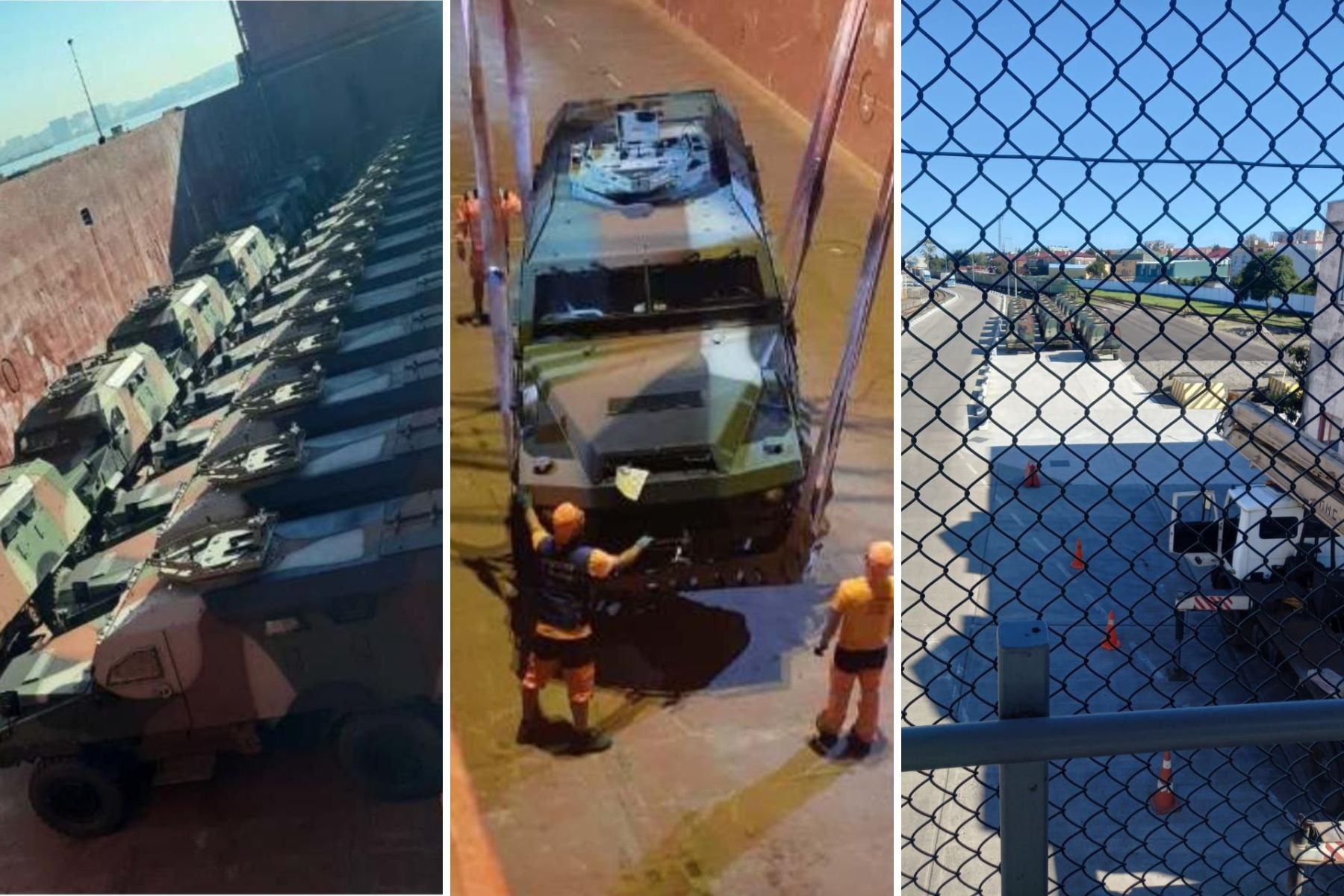
The EU Council of Foreign Ministers has agreed to ‘explore’ the possibility of providing ‘non-lethal’ support to Armenia, as part of its military assistance programme.
On Monday, the council also discussed strengthening the EU Mission in Armenia to allow for more observers and more patrols in sensitive areas as well as potentially granting Armenians visa-free travel to the Schengen Area.
‘We have to be very much vigilant for any attempts of destabilisation of Armenia, internally and externally’, said Joseph Borrel, the EU’s High Representative for Foreign Affairs after the session.
‘Our message to Azerbaijan is clear: any violation of Armenia’s territorial integrity is unacceptable and will have severe consequences for the quality of our relations.’
The Azerbaijani Ministry of Foreign Affairs condemned the decision and Borrel’s statements, which they said ‘failed to make any effort to persuade Armenia to act in line with the norms and principles of international law, constitute a threat to Azerbaijan’s territorial integrity and sovereignty’.
Baku also said that the EU’s ‘attempts to supply Armenia with weaponry’ constitutes an ‘insidious militarisation policy that undermines peace and stability’ in the South Caucasus.
Western arms transfers to Armenia on the rise
If approved, the EU’s provision of ‘non-lethal support’ to Armenia would fall under the European Peace Facility (EPF), a security programme covering non-EU countries.
In July 2023, Parliamentary Speaker Alen Simonyan said the country had previously applied for defensive technical assistance through the EPF but was denied.
‘Unfortunately, Armenia’s request was denied, quoting the EU mediatory efforts in improving the relations between Armenia and Azerbaijan, as well as the problem of “conflict sensitivity” ’, said Simonyan in.
However, in early October, French Foreign Minister Catherine Colonna said that Paris had made an official request to Borrell to include Armenia in the scope of the EPF, alongside Georgia, Moldova, and Ukraine.
[Read more on OC Media: Armenia steps up military ties with West as Russia relations tumble]
The Council of Foreign Ministers’s discussion comes against the backdrop of Armenia’s attempt to step up military ties with the West as its relations with Moscow remain in freefall.
A few days prior, Armenia reportedly received its first batch of French armoured personnel carriers through the Georgian port city of Poti.

While neither Tbilisi nor Yerevan confirmed the news of the military equipment’s delivery to Armenia, the port in Poti, operated by APM Terminals, told RFE/RL the cargo was moved to Armenia in the absence of ‘clear instructions from the Georgian Government and restrictions imposed by international regulations’.
On Tuesday, Ali Nagiyev, the head of Azerbaijan’s State Security Service, criticised the West’s military support of Armenia ‘in a time when there is a favourable opportunity for the establishment of sustainable peace’.
‘The inadmissibility of arming Armenia by some states to re-intensify the situation in the region will lead to the re-ignition of war’, said Nagiyev.









